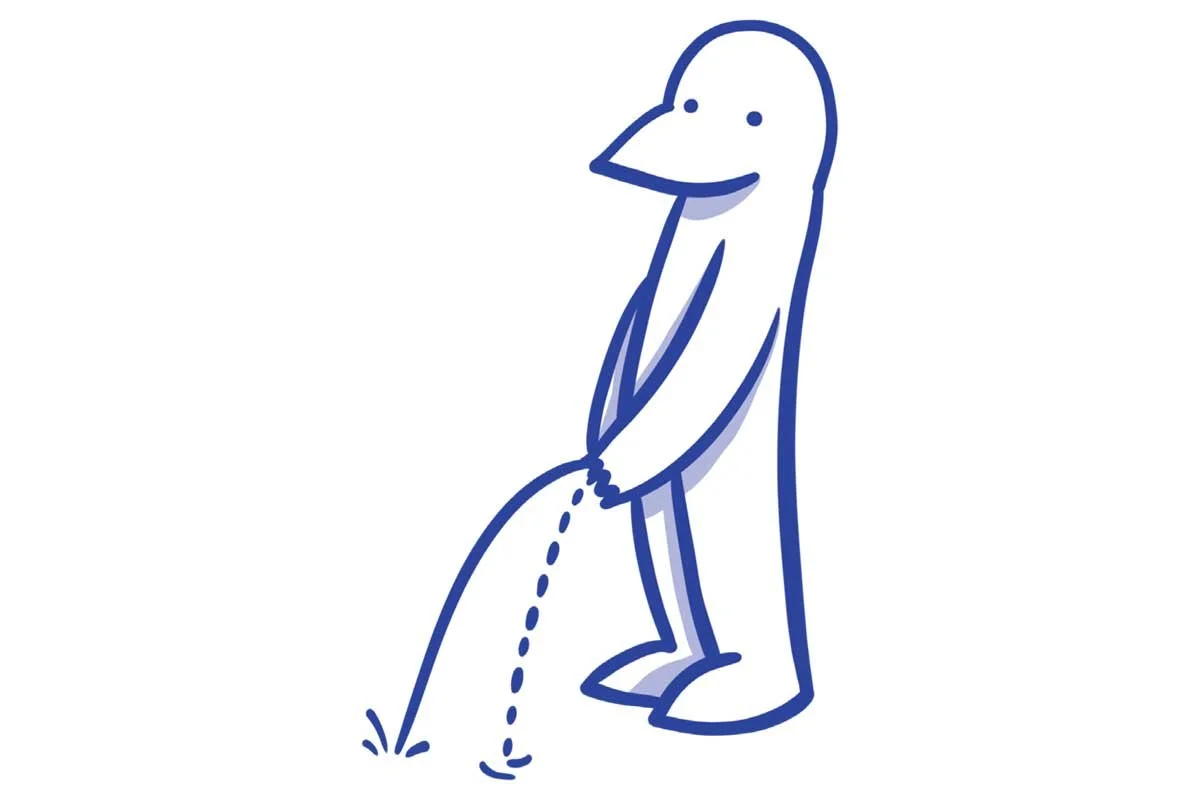My urine stream seems weak
As you age, it is normal for your urine stream to gradually weaken. Sometimes, urination becomes uncomfortable or difficult. If your urine stream is weak enough that it does not come out in a continuous flow or it does not seem like it empties your bladder entirely, you may have urinary hesitancy. Urinary hesitancy is not a disease, but a symptom of many underlying conditions that vary in how serious they are and how they are treated.
The most common cause of urinary hesitancy is enlarged prostate, also known as benign prostatic hyperplasia (BPH). BPH is a non-cancerous enlargement of the male prostate gland that affects about half of all men by the time they’re in their 50s, and 90% of men by the time they’re 80. While BPH is a common explanation for the weakening of your urine stream, there are other more serious possibilities to keep in mind. Some of these more serious causes of urinary hesitancy include:
Your bladder muscles not properly working
Tumors blocking your urethra or bladder
Side effects of certain medications
Kidney stones
Nerve damage
Nervous system disorders (Parkinson’s, Multiple Sclerosis)
Bacterial infections
Sexually-transmitted infections
Side effects of anesthesia, if you’ve had a recent surgery
Psychological causes, such as shy bladder syndrome
Do I need to seek medical attention?
It is always important to discuss urinary problems with your doctor, but without other symptoms, urinary hesitancy is not something to be too worried about. If there are other symptoms alongside your urinary hesitancy, it may be a good idea to set up an appointment with a urologist. Some symptoms to look out for include:
Fever or body chills
Vomiting
Tremors/Shakes
Pain in your lower back or abdomen
If urinating causes you any pain, if there is blood in your urine, or if your urine is cloudy, you should seek medical attention. These are signs of infections of the urinary tract or prostate and could mean something even more serious.

